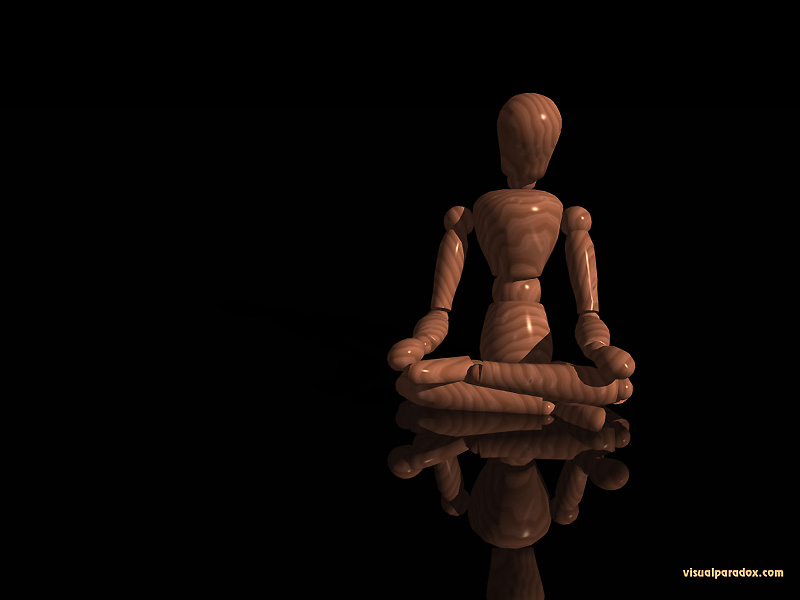A day or so after Iraq's highest court decreed that Saddam Hussein would be executed in 30 days or less, the execution was carried out. Shiites, as well as many Iraqi Christians and Iraqi-Americans danced in the street. To those that experienced, or had loved ones that experienced, Saddam's reign of terror, this is a perfectly understandable sentiment.
This brought my A.D.D.-afflicted mind round and round, about war crimes and justice, and terrorist versus freedom fighter, and so this blog will meander about quite a bit.
It's an oft-quoted truism that history is written by the victor. And this is never more true than in the history of governmental conflict. On the one hand, we treat the war on terror much as we did the war in Korea and the War in Viet Nam. When we treat with foreign nationals we believe are terrorists, we have a convenient double standard: We can suspend habeas corpus because they are prisoners of war, yet we have no declaration of war, and we can dispense with Geneva Convention constraints, because they're not really P.O.W.s, they're domestic terrorists. But in Korea, Viet Nam, and Desert Storm, we had a nation we went to (undeclared) war against. That kept things a bit neater: If you were North Korean, Chinese, Viet Cong, North Vietnamese, or Iraqi, respectively, you were the enemy. AND, you were over there too. The enemy today is the enemy within. Sort of like what the House Un-American Activities Committee (HUAC) feared was the case 50+ years ago. Then the fear was that communism would undermine our way of life. Now the fear is that way of life will be blown up.
A major 'Catch-22' of our founding philosophy of life, liberty and the pursuit of happiness is that freedom allows things many of us think are just wrong to occur. An example of this well before terrorism has occurred for years in the judicial system. An accused criminal is entitled to ALL the legal benefits of the judicial system, whether guilty or not. The right to a vigorous and thorough defense has created loopholes big enough to drive a truck through for the guilty, as well as methods to exonerate the innocent. Do you amend those rights to punish all the guilty? How do you separate the guilty from the innocent? And do we even know what constitutes a crime? Remember the famous definition of pornography: "I can't define it, but I'll know it when I see it." Are "unAmerican" statements illegal? Does voicing the opinion that a terrorist is right constitute "aiding and abetting the enemy"?
Every country, every culture, every group of people writes their own history based on their preconceived notions. The very same rationale that the founding fathers listed in the Declaration of Independence could have been quoted (and probably was) by the legislators in South Carolina on December 20, 1860, when they were the first state to secede from the Union. We won, it was our war of independence. They lost, they were the rebels. They said they had a right to self-government. The Federal government said they didn't. The same Federal government that "four score and seven years" before that, said they HAD that right.
The balance of power isn't about right, wrong, or fair, it's about the biggest kid on the block, and a game of Armageddon-chicken. In October of 1962, Soviet Premier Khrushchev sent a load of nuclear missiles to the communist island of Cuba, where they would have a 20 minute flight time to Washington, D.C. The C.I.A., the Defense Department and John Kennedy were incensed about this, and they ordered a blockade. Never mind that the U.S. already had nuclear missiles in several bases in Europe, including in Izmir, Turkey, which had a 15 minute flight time to Moscow. When it's our missiles, they're there for defense, when it's theirs, they're threatening us. They blinked first (although Kennedy secretly agreed to withdraw the missiles from Turkey - still keeping the others in Europe) and turned the missile boats around back to Russia. This was, of course, AFTER we had tried the badly messed-up coup to depose Castro in Cuba in the Bay of Pigs fiasco.
Bottom line, we do what we need to do, and I understand that. We do apparently need to sacrifice our ideals for the freedoms we keep, at least until we can figure out a way to do it while keeping safe AND free. I'd just sometimes wish we weren't quite so unapologetically smug about it.
Random Thoughts of a Schizophrenic Poet - Or... 'I do NOT have Multiple Personality Syndrome...And neither do I'.
This Week's Thought By Somebody Else
- "Reading made Don Quixote a gentleman. Believing what he read made him mad."
- George Bernard Shaw (1856 - 1950)
